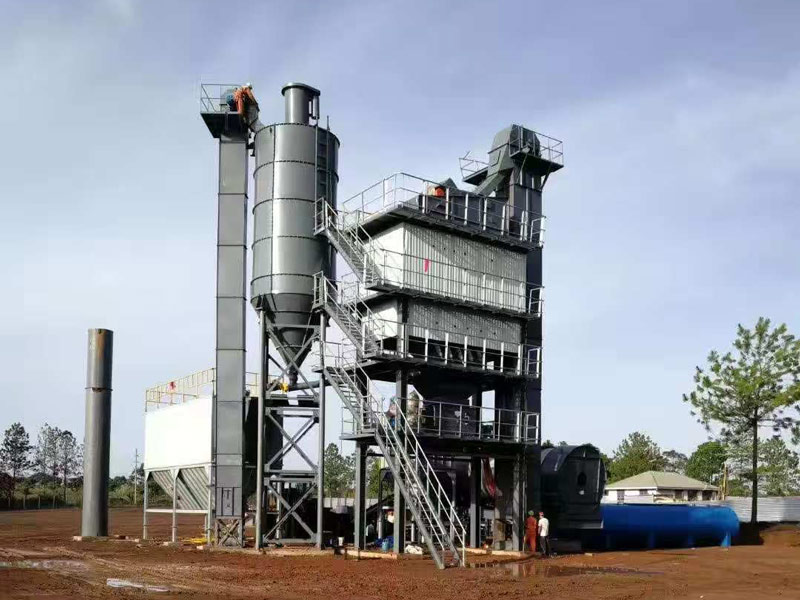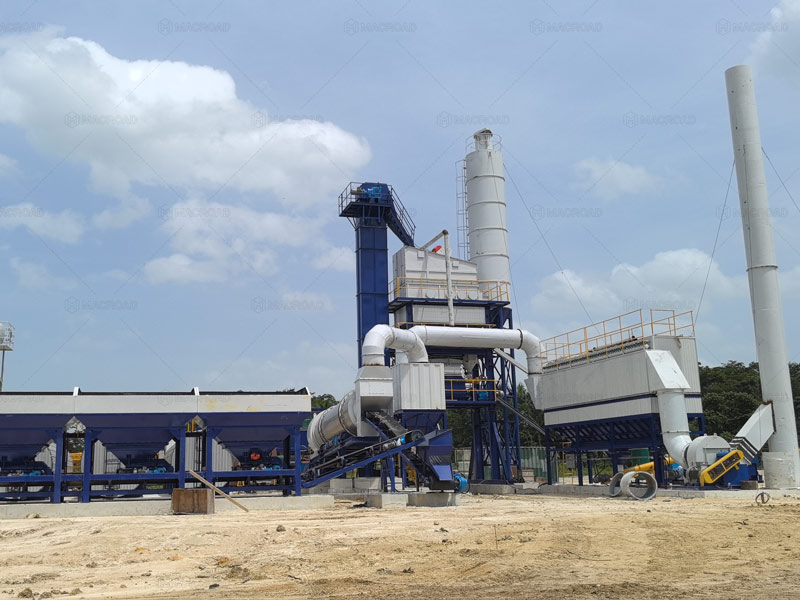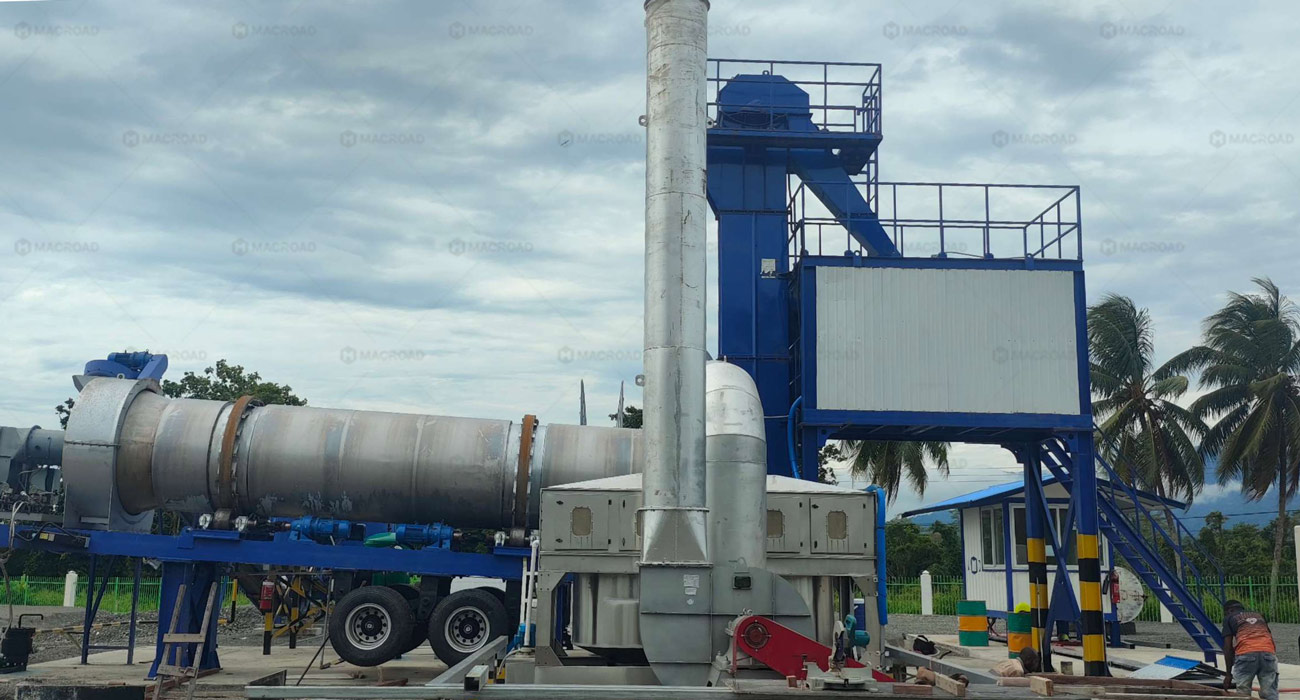Communicating special mix ratio requirements to asphalt mixing plants is essential for ensuring that the final product meets specific project needs. Clear and effective communication helps to avoid misunderstandings and ensures that the asphalt produced performs optimally in its intended application scenarios. This article outlines strategies for customers to effectively convey their mix ratio requirements, focusing on user-centric approaches that enhance collaboration with asphalt suppliers.

Establishing Clear Specifications
The first step in effectively communicating mix ratio requirements is to establish clear and detailed specifications. Customers should prepare a comprehensive document outlining the exact ratios of aggregates, asphalt binder, and any additives required for the project. This document should also include information about the intended application scenarios, such as whether the asphalt will be used for high-traffic roads or specialized surfaces, which may require different performance characteristics.
When customers provide precise specifications, they enable asphalt mixing plants to better understand their needs. This clarity is particularly important for stationary asphalt mixing plants and modified asphalt production plants, which may have distinct capabilities and limitations. By specifying the requirements in detail, customers can ensure that the mixing plant can produce the desired asphalt mixture effectively.
Additionally, it may be beneficial to include relevant test results or performance criteria that the mixture must meet. This information can further guide the mixing plant in producing a high-quality product that aligns with the customer’s expectations.

Engaging in Direct Communication
In addition to providing written specifications, engaging in direct communication with the asphalt mixing plant is crucial. Customers should initiate discussions with plant representatives to clarify any uncertainties and to discuss the specific requirements of their projects. This two-way communication allows for immediate feedback and adjustments, which can enhance the overall production process.
During these conversations, customers should be prepared to explain the reasoning behind their special mix ratio requirements. Understanding the underlying factors—such as environmental conditions, load-bearing needs, or specific regulatory standards—can help asphalt plant staff appreciate the importance of adhering to the specified ratios. This context can motivate the team to prioritize the project and ensure quality control throughout the production process.
Furthermore, using visual aids or examples can facilitate understanding. Customers might bring samples of similar mixtures or detailed diagrams to illustrate their needs. This approach can bridge any gaps in communication and ensure that everyone involved is on the same page.
Building Collaborative Relationships
Establishing a collaborative relationship with asphalt mixing plant suppliers can significantly enhance the effectiveness of communication regarding special mix ratios. Customers should view their suppliers as partners rather than just service providers. This mindset fosters a culture of cooperation and encourages open dialogue throughout the asphalt production process.
Regular meetings or check-ins can help maintain this collaborative spirit. Customers can assess the progress of their orders, provide feedback, and make any necessary adjustments to the mix ratios based on ongoing project developments. Suppliers are often more willing to accommodate changes when they have established a strong relationship with their clients.

Moreover, customers should seek suppliers who are experienced in handling special mix requirements. This expertise can be invaluable, as knowledgeable suppliers can offer insights into best practices and potential challenges associated with specific mix ratios. By collaborating with experienced asphalt plant suppliers, customers can enhance the quality of the final product and ensure that it performs well in its intended application scenarios.
Conclusion
Effectively communicating special mix ratio requirements to asphalt mixing plants is vital for achieving high-quality asphalt production. By establishing clear specifications, engaging in direct communication, and building collaborative relationships, customers can ensure that their unique needs are met. Whether working with stationary asphalt mixing plants or specialized modified asphalt production plants, these strategies will help facilitate a smoother production process and lead to successful project outcomes. Prioritizing effective communication will ultimately contribute to the overall success of asphalt projects and enhance customer satisfaction.
